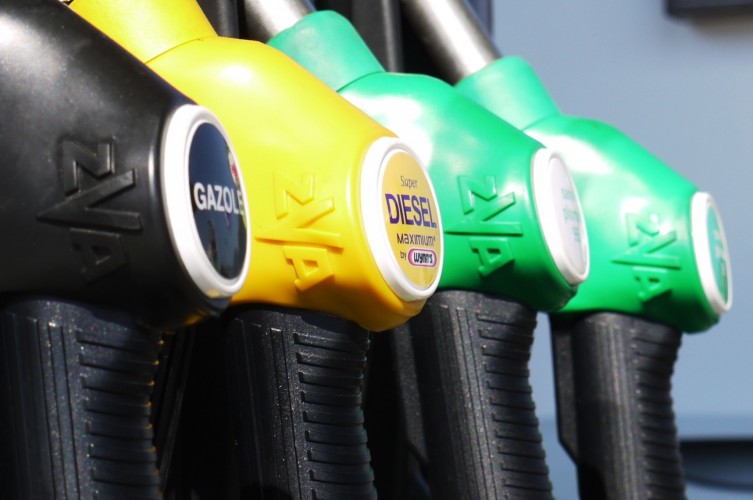France to ban petrol and diesel cars by 2040

This website uses cookies to ensure you get the best experience on our website. cookie information

Following the Paris pre-UN Climate Summit car-free days and ban of the most polluting cars to help protect against smog, France has taken their air pollution measures one step further and become just the second country in the world to announce that it will entirely ban the sale of petrol and diesel cars by 2040.
Emmanuel Macron’s government made the announcement just one day after Swedish car manufacturer Volvo committed to only producing fully electric hybrid cars from 2019 onward. Life-long environmental activist Nicolas Hulot was appointed as the French Ecological Minister just two months ago, and he reiterated that the “tough” decision was the right one for the country, saying: “French [car]makers have enough ideas in the drawer to nurture and bring about this promise… which is also a public health issue”, and called the move a “veritable revolution”.
A ban of this type would stop completely any sales of petrol or diesel cars, effectively changing the landscape of car usage overnight. France’s government has invested in and trialled several initiatives to combat air pollution; but this is by far the most ambitious. French car manufacturers are already leading the way in lowering carbon emissions in the motoring sector – with Peugeot, Citroen and Renault ranking first, second and third respectively on the European Environment Agency’s list of large car manufacturers with the lowest carbon emissions.
Norway was the first country in the world to set such a target, but with a considerably tighter timescale of 2025. No country other than France has yet to commit, but the Netherlands are considering a 2025 ban, and some areas of Germany are keen to install a ban by 2030.
The UK may not be far behind either, with London Mayor Sadiq Khan commenting on the move “I welcome the strong leadership the French government has shown by making the decision to end the sale of petrol and diesel cars by 2040. This radical step shames the timid and insufficient response of our own government to the health threat posed by poor air quality”.
There is currently disparity in predictions made for the uptake of electric vehicles in the near future. Bloomberg Europe have predicted that electric models will make up 54% of all cars by 2040, reducing global oil demand by a whopping 8m barrels a day and increasing electricity usage worldwide by 5%. Researchers at Stanford University see electric vehicles having even more of a widespread impact, with university economist Tony Seba stating “Banning sales of diesel and gasoline vehicles by 2040 is a bit like banning sales of horses for road transportation by 2040: there won’t be any to ban”!
Regardless of vehicle type, as long as you’ve got more than one seat, you can share your trip to help cut back on your carbon footprint – even if that means charging one car less! Register your journey now at Liftshare.com to find your journey match and get started.
Author liftshare
on
Car share for less with Liftshare, the UK’s biggest sharing economy site!
Join now!